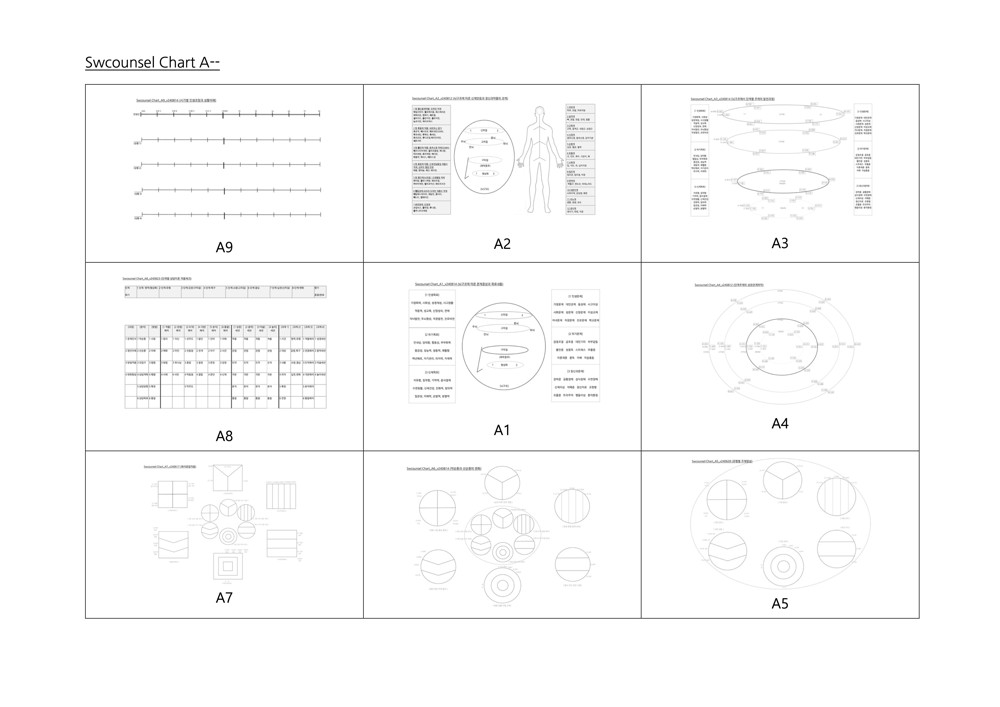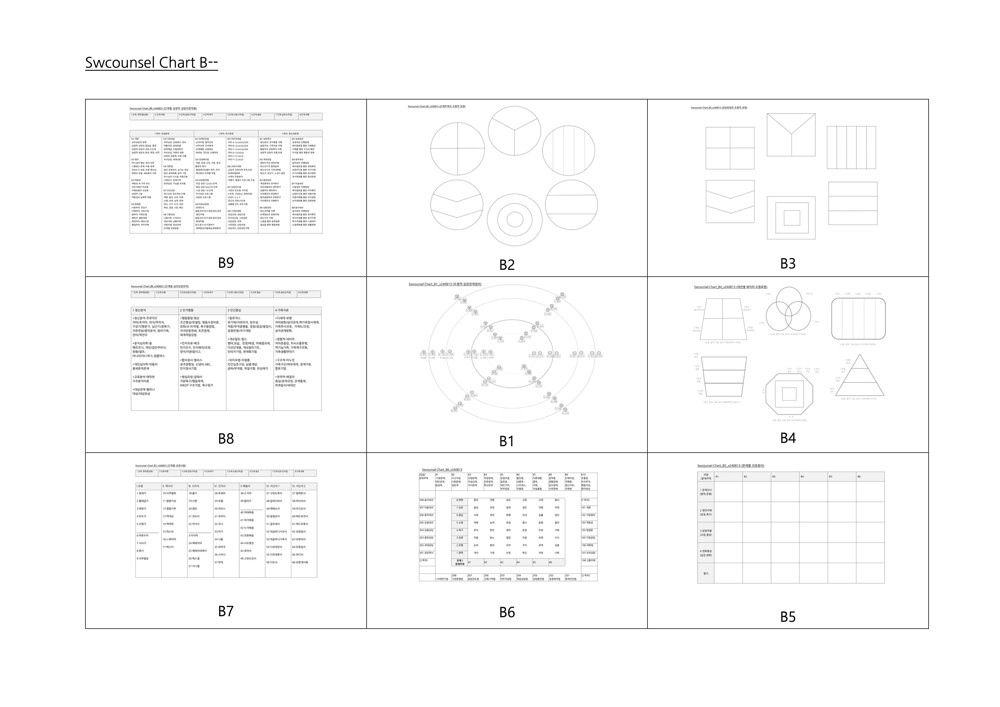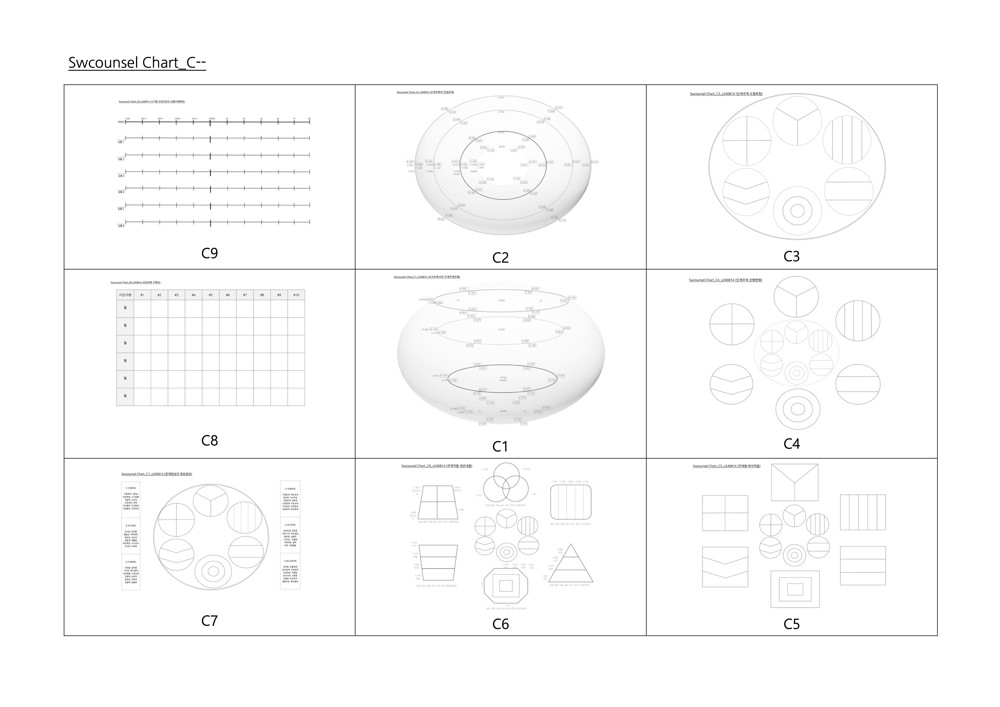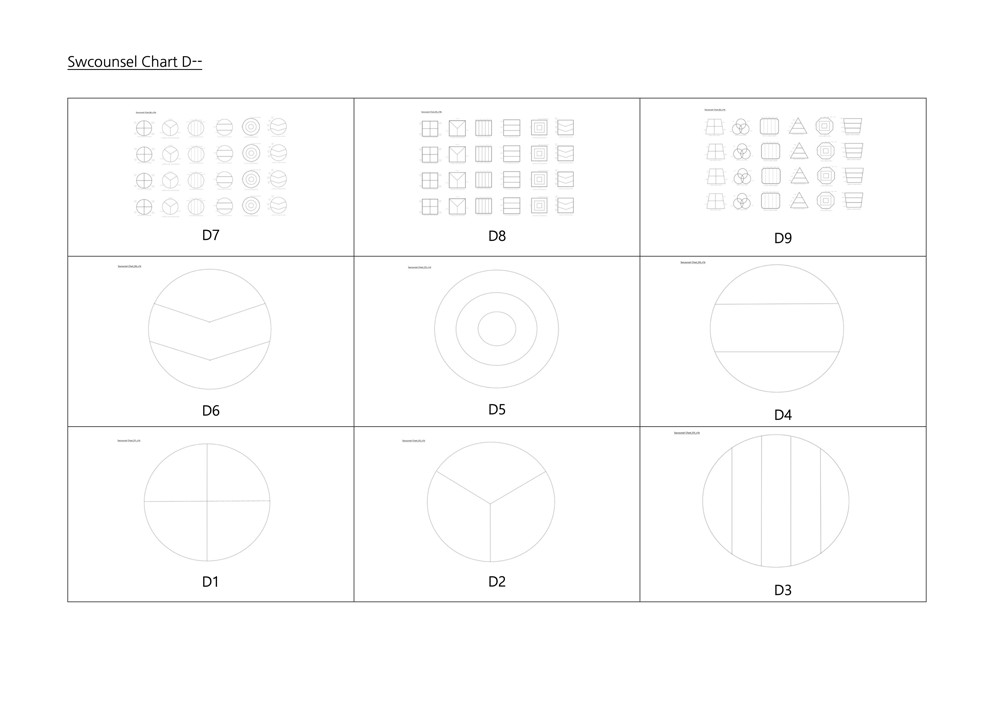진정한 죄책감과 수치심은 하나님의 은혜와 헌신에 대한 자각을 새롭게 하고 변화와 성숙을 위한 기회를 촉진하며 자신의 약점과 결함을 바르게 인식하고 적절하게 대응함으로써 대인관계의 질을 높이고 의사소통을 원활하게 한다. 반면에 거짓된 혹은 적절치 못한 죄책감과 수치심은 은혜의 실재를 부정하고 스스로 변화와 성숙의 기회를 제한하며 자기스스로 자기의 실체라고 생각하는 것을 타인이 보게 될까 두려워 자신을 위장하며 대인관계와 의사소통의 질적 저하를 가져온다. 수치심치유를 위해 상담자는 내담자의 내면화된 수치심을 밖으로 끄집어내어 구체화시키는 노력이 필요하다. 수치심상담의 목표는 내담자가 하나님과의 관계회복, 그리고 자신에 대한 부정적 자아상에서 벗어나서 건강한 자아상 더 나아가 신적 자아상을 갖도록 돕는데 있다. 상담자와 내담자는 죄에 대한 올바른 이해와 바른 성경적 관점을 갖는 것이 중요하다. 죄를 느끼는 사람에게는 비난과 정죄대신 연민과 긍휼을 보여 주어야 하며, 또한 직면의 과정도 필요하고 격려의 언어도 필요하다. 이는 과거의 사건과 관련된 죄책감으로 인해 구원을 잃어버릴까 두려워하는 내담자에게 구원의 확신을 갖고 하나님의 은혜 안에 계속 거할 수 있도록 도와준다.
다국어 초록 (Multilingual Abstract) 
A true sense of guilt and shame renews self-awareness of the merciful God and devotion and accelerates chances for change and maturity. It also enhances the quality of human relationship and makes communication smooth by recognizing one’s own weaknesses and flaws and tackling them properly. On the other hand, a false or improper sense of guilt and shame negates the existence of God’s grace and limits chances to change and grow, and makes people disguise and hide themselves out of fear that others might see what they think their real face is, which results in downgrading the quality of personal relations and communication. In order to treat sense of shame, much effort is needed to bring out and exteriorize the sense of shame that has been internalized in the client. The purpose of counseling for a sense of shame is to help restore the client’s relation with God, and to help nourish a healthier self-image breaking away from a negative one and go further towards a holy self-image. It is important that both the Christian counselor and the client need to have the right understanding and biblical viewpoint towards sin. Those who feel they are sinners need much commiseration and sympathy rather than criticism and purgation, and they also need the process of facing directly their own faults with many encouraging words. This helps them to reassure salvation and to stay within the grace of God, breaking free from the fear of losing the salvation due to the sense of guilt from a past event.
참고문헌 (Reference)
1 강병도, "호크마 종합주석 1" 기독지혜사 1993
2 Tournier, Paul, "죄책감과 은혜" 한국기독학생회
3 황헌영, "죄의식과 수치심" 심리치료학회 6 : 325-356, 2003
4 Wilson, Earl D., "죄의식" 두란노 2002
5 미국정신분석학회, "정신분석 용어사전" 한국심리치료연구소 2002
6 서인숙, "정서경험 군집에 따른 수치심, 죄책감과 공감능력의 차이" 숙명여자대학교대학원 2010
7 김용희, "여대생의 적응과 관련된 심리적 특성: 부모관계, 분리개별화, 수치심 및 죄책감을 중심으로" 한국건강심리학회 13 (13): 691-704, 2008
8 손운산, "수치심의 치료와 용서" 한국신학연구소 (147) : 253-278, 2009
9 김지아, "수치심에 대한 목회상담적 이해" 이화여자대학교 대학원 2003
10 송수민, "수치심경향성과 죄책감경향성의 심리적 특성 비교" 한국상담심리학회 20 (20): 125-144, 2008
 꿈꾸는자
꿈꾸는자




 원장
원장









